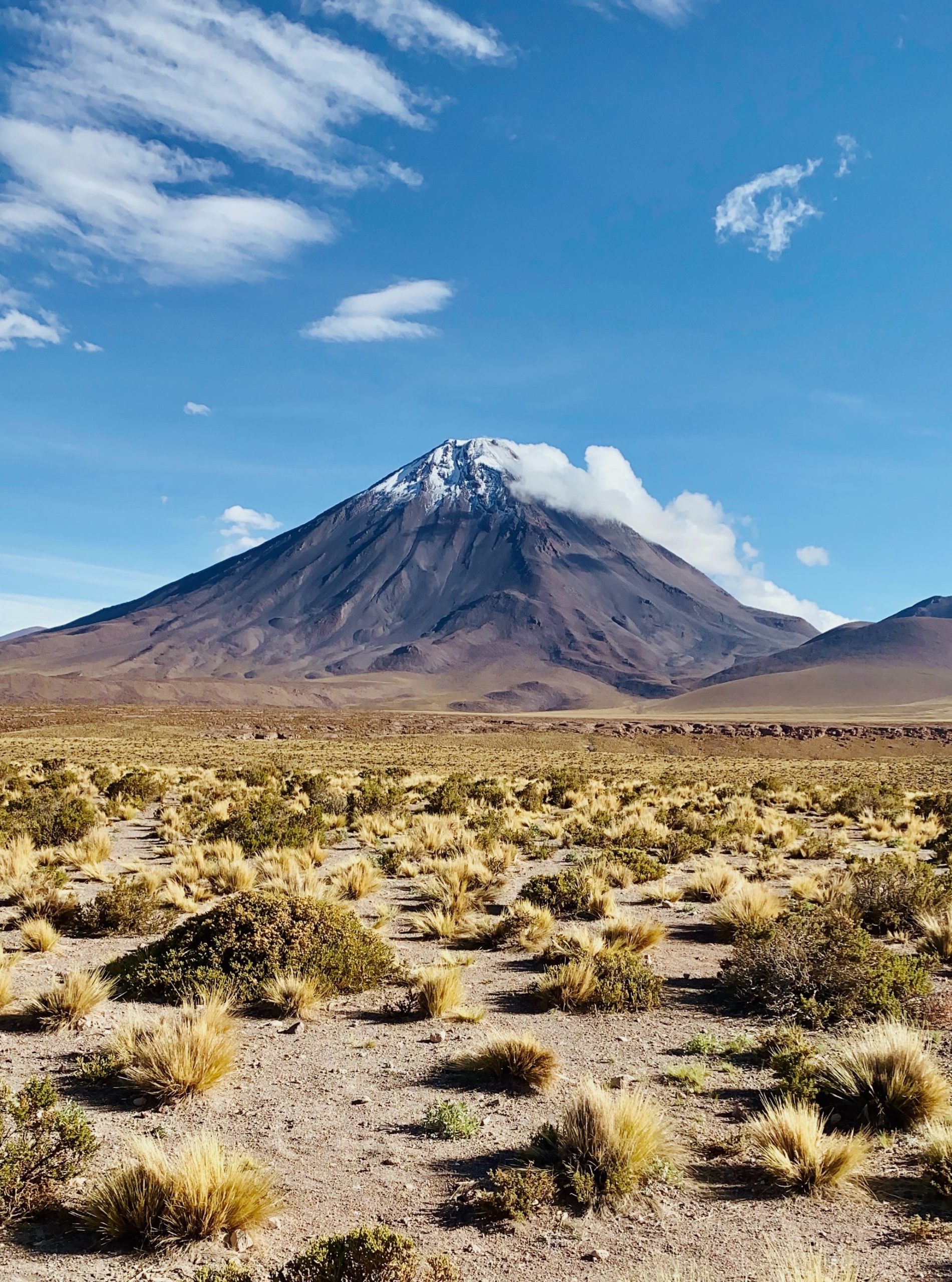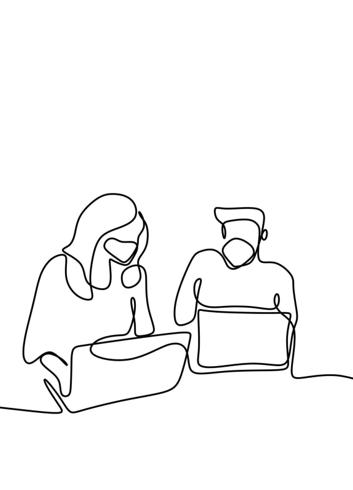
Chile’s Political Shift: Consequences for the Mining Industry?
By: Noemi Amelynck, Head of Research
On December 19th, 2021, left-wing candidate, Gabriel Boric, won the Chilean presidential elections with around 55% of the vote. Boric’s vision and pledge for Chile is to reverse the neoliberal system which has dominated the country since Pinochet’s dictatorship. The model prioritizes free market policies and the privatization of many goods such as healthcare and education. This election also occurred in parallel to the rewriting of the dictatorship-era Constitution by a Constitutional Assembly which is also majoritarily made up of left-wing members.
Both events mark a significant change in Chile who, since the dictatorship, has adopted a neoliberal economic model of privatization. Although Chile’s free-market model has been labeled a success story in Latin America, its success has come at a cost. Out of all the OECD countries, Chile is the most unequal one and has an income gap that is 65% wider than the OECD average.
Since Chile became a democracy in 1989, there have been a number of social demonstrations protesting against the socioeconomic inequalities perpetuated by the system. However, these two historic events occurring at the moment are the first time that actual systemic change looks possible.
Ahead of Boric’s inauguration in March, one area of focus that is particularly interesting to look at is the mining industry. On the one hand, it has brought immense wealth for the Chilean economy, but, on the other, it also has negative consequences as its wealth is not equally distributed and the industry has caused certain social and environmental consequences. The question, then, is can this new era in Chilean politics mark a turn in the redistribution of wealth and environmental protection in a dominating industry?
Chile’s economic model and the mining industry
The Chilean neoliberal economic model is established in the Constitution which dates back to the dictatorship. In it is the principle of state subsidiarity, in which the state’s actions aim to facilitate regulation through the market, essentially reinforcing the ideals of a free-market economy. In relation to the mining industry, this facilitates a development model based on the exploitation and export of natural resources. The 1983 Mining Code also made it easier for companies to gain easy access to mining concessions, emphasizing private ownership of mines.
The democratization of Chile did not change this model, and instead the country’s wealth and economic growth has relied greatly on the exportation of copper and lithium. Chile is the top copper producer in the world (around 28% of global production) and the 2nd largest producer of lithium (around 22% share of global production). It also has the world’s largest known reserves of lithium. The mining industry contributes greatly to Chile’s economy. In 2020, its contribution to GDP was 11% and it represented over half of total exports. The neoliberal model dominates as 72% of copper mines are owned and operated by private mining companies. The growth of this industry can also be attributed to an increase in foreign capital as the government has strongly supported external investment.
There continues to be a lot of potential and opportunity for this industry as copper and lithium are some of the most desirable global commodities. They are used in smartphones, laptops, but also in electric vehicles and other infrastructure to support green technologies. With a global shift in support for and innovation in green technologies, it is fair to say that this industry in Chile will continue to grow. But, at what cost?
Environmental and social consequences
Although mining projects have brought immense wealth to the country, they have also had environmental and social consequences in the regions within which they operate. This hurts the biodiversity and local populations present. This is not a new phenomenon as these issues are already known and have been criticized.
In the Atacama region, lithium mining is using great quantities of freshwater from the region’s aquifers (a layer of porous rock beneath the soil acting as stores of water) and accessing fresh water supplies to clean machinery and pipes. This practice is not sustainable as there are low precipitation rates in this area, and so more fresh water is leaving than is coming back. Due to this shortage of fresh water, locals are finding it harder and harder to keep animals and grow crops. This can push these populations out of this area and cause them to emigrate. Not only are these practices affecting people, but it is also biodiversity. For example, the extraction is drying up salt water lagoons which affects the flamingo population, as well.
This phenomenon is not unique to populations living in the Atacama region, but is felt by inhabitants all over Chile who live next to mining projects. In fact, the term “sacrifice zones” has been coined by some locals living in these areas to describe the consequences they have suffered due to the development model. In these areas, the environmental crisis goes hand in hand with social issues as mining activities do not have a significant benefit for locals. For example, the municipality of Til Til which is about an hour drive from the capital city, Santiago, is one of the poorest municipalities of the metropolitan region, despite the fact that its economic activity is key to the development of Santiago. This is because only a few locals work for these companies either because the activities do not require a large workforce or because companies bring in seasonal workers from other areas. In short, mining practices hamper the socioeconomic growth of the areas within which they operate
Despite the environmental and social consequences of the industry, it seems highly unlikely that the government would demand a stop of mining activity due to its economic gains. Therefore, there needs to be a balance between the regulation of this activity and ensuring social and environmental rights for the local populations most affected by it. This is especially important in this period as the COVID-19 pandemic has also caused a spike in poverty. Therefore, a response to this health and social crisis should lead to a more sustainable regulation of the mining industry in which there are larger gains for society, as a whole.
New hope: Boric and the Constitutional Assembly
The election of Boric is a historic one. He is not only the youngest president in Chilean history, but has also promised to change the country’s neoliberal economic model and to be the president for all Chileans. This could mean more emphasis on the rights of local populations affected by mining projects.
Boric has also put great emphasis on the protection of the environment vis-a-vis the mining industry. As part of his proposals, he wants to create a state owned lithium company and promote green investments, while also opposing mining initiatives that destroy the environment. This is in contrast with the way Chile and past presidents have been doing business and marks a shift in priorities for the new government. We can hope that this could benefit policies favoring environmental protection and socioeconomic progression.
In addition to Boric’s presidency, the Constitutional Assembly is currently in process of writing a new Constitution which will be voted on by Chileans before its official implementation later this year. This presents an opportunity to redefine the role and value of the environment and natural resources. There are a number of proposals on the table such as setting time limits on concessions, redistribution of mining profits, and, generally, more environmental requirements. There is also an expectation that the Assembly will establish water as a national public good in order to respond to issues such as poverty rights. This will have consequences for the mining industry who uses large amounts of water for its activity. These proposals will have a great impact as the Constitution will outline the fundamental principles on which the mining industry must uphold.
In general, it seems that this new generation in Chilean politics is seeking to change the system. Instead of prioritizing the mining industry and the gains it brings to a small number of Chileans and foreign investors, they are shifting the emphasis on environmental protection and socioeconomic growth for Chileans. Mining is at the core of the Chilean economy and it continues to have a lot of opportunity due to growing global demand for lithium and copper. However, the model is not sustainable in the long run due to the risks of environmental and social exploitation. This new generation taking the lead in Chilean politics represents a hope of moving towards a country that prioritizes the growth of its people and protection of its natural resources over exploitation for economic gains.





Leave a Reply